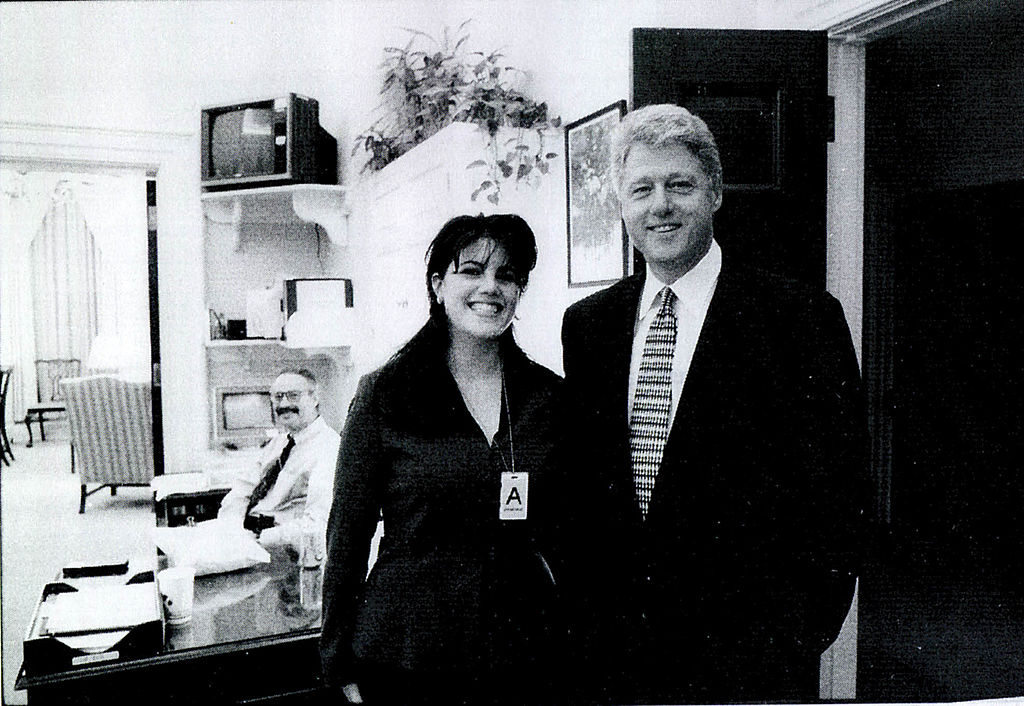Monica Lewinsky, now 51, is reclaiming her narrative three decades after her name became a symbol of scandal. Speaking on Elizabeth Day’s *How To Fail* podcast, she reflected on her affair with then-President Bill Clinton, which began when she was 22 and working as a White House intern.
The relationship, which Clinton initially denied, led to his impeachment and unleashed a storm of media attention, public ridicule, and intense personal shame—mostly directed at her.
Lewinsky revealed she once saw the relationship as love, describing it as a young woman’s limerence, but now recognizes it as an abuse of power.
She also opened up about how the Clinton administration shaped a humiliating public image of her, branding her a “bimbo,” a label widely adopted even by other women. The scandal destroyed her reputation, made her unemployable, and left her battling depression.
On the *Call Her Daddy* podcast, she discussed the deeper psychological and social consequences, stating that because of the power imbalance, she should never have been in that situation. Lewinsky highlighted how the public shaming she endured became a cautionary spectacle for an entire generation of women. Despite the trauma, she has grown into a woman she respects, though she still wishes for a more normal life. Today, she isn’t seeking sympathy but hopes to be seen beyond the scandal—as a person whose story reflects broader societal failures. Her reflections raise a difficult question: in an era of viral takedowns and digital judgment, have we really changed, or are we still punishing young women for the transgressions of powerful men?

